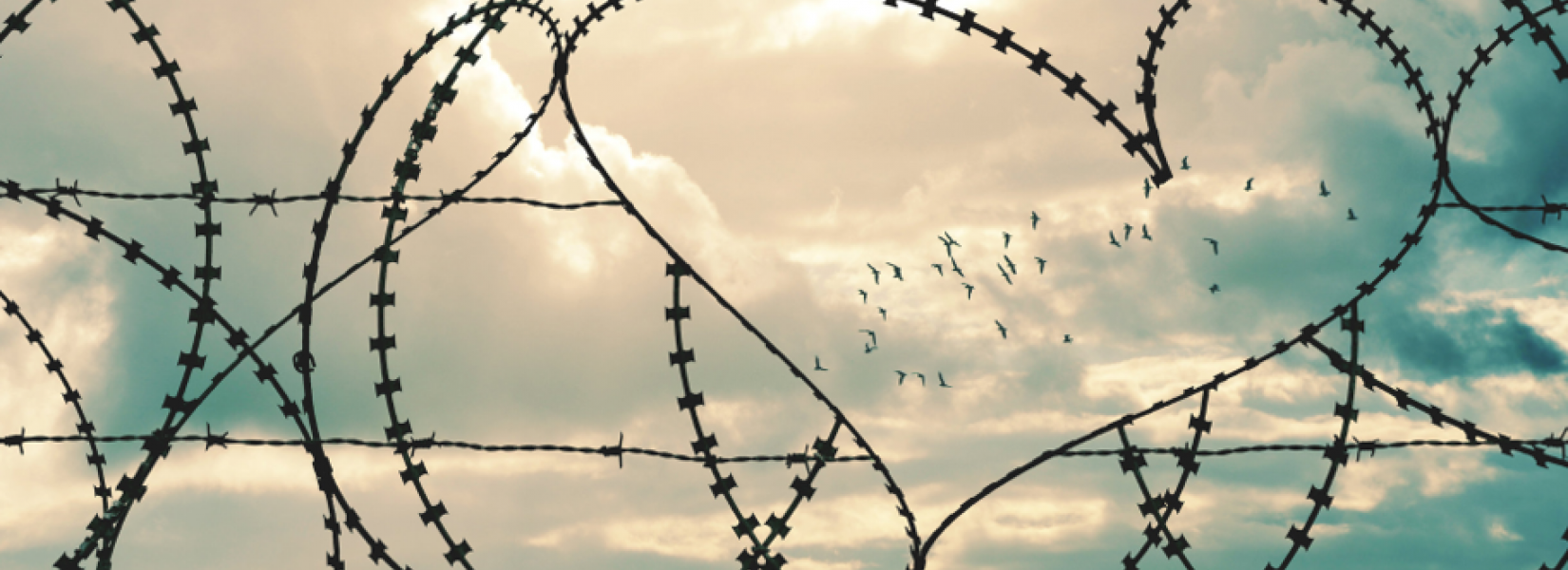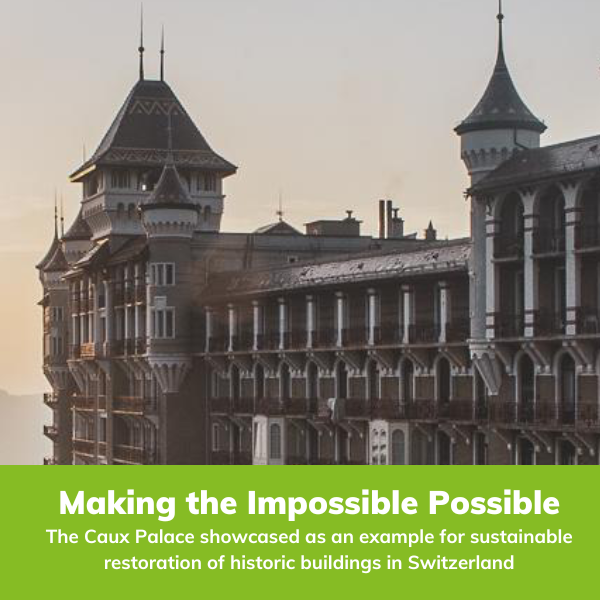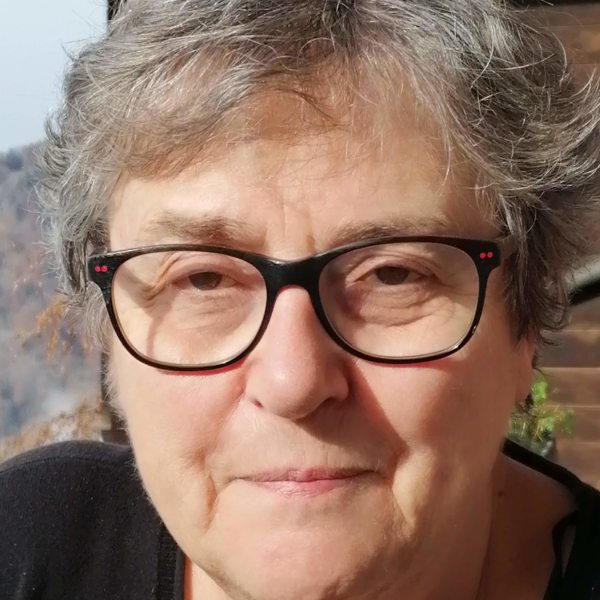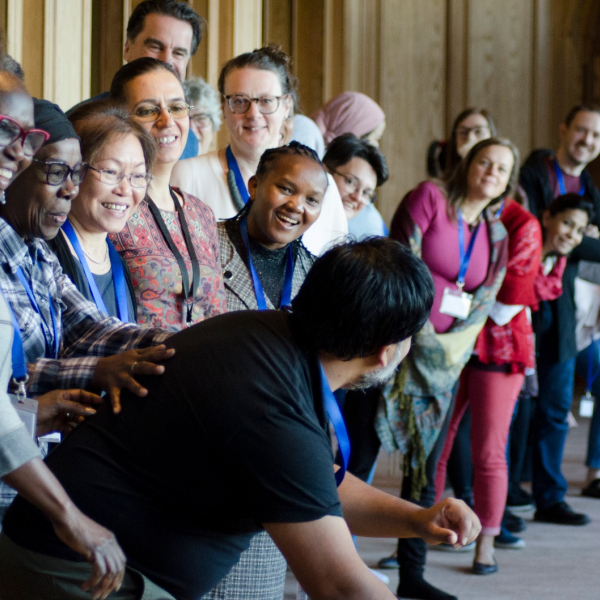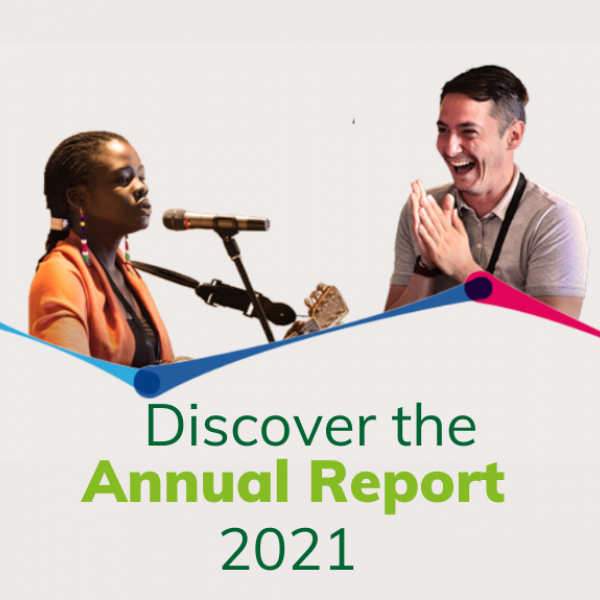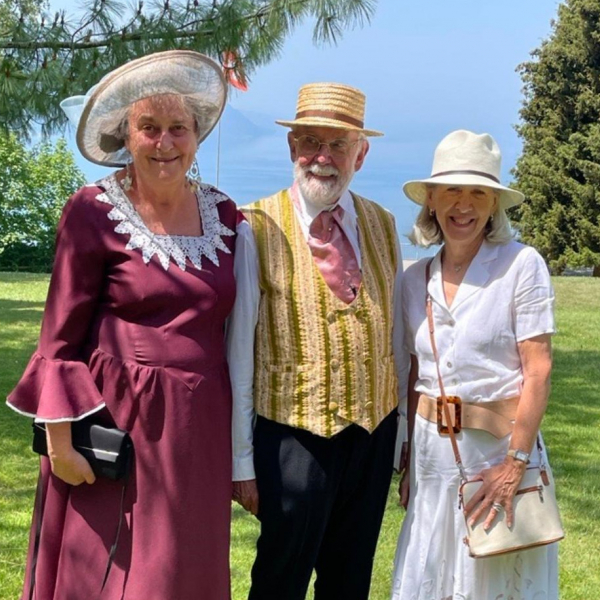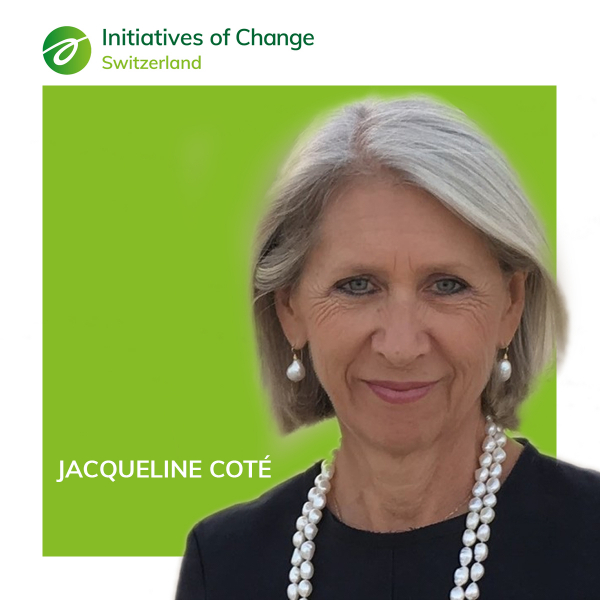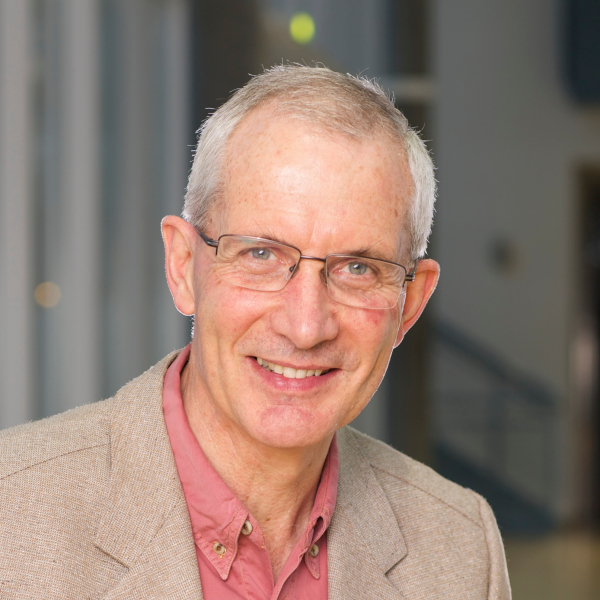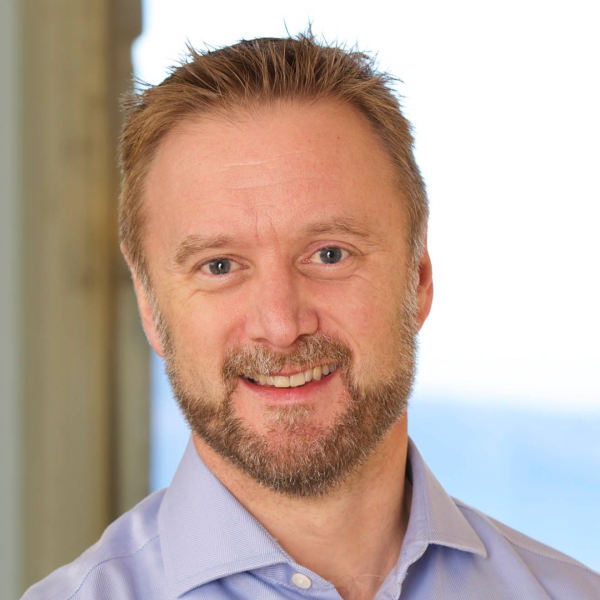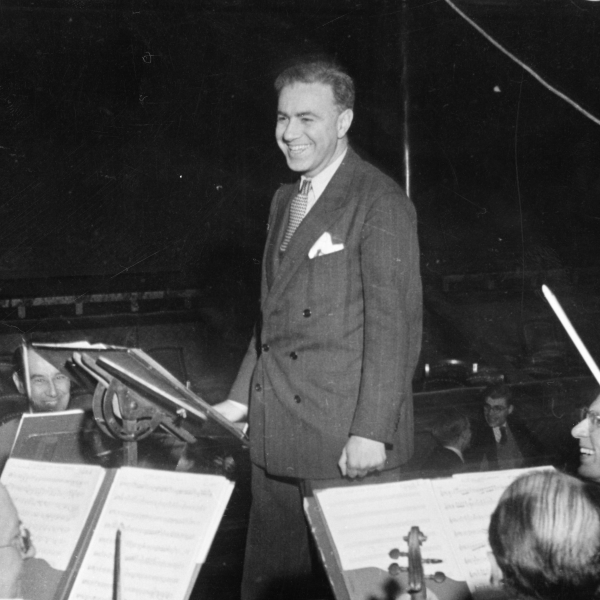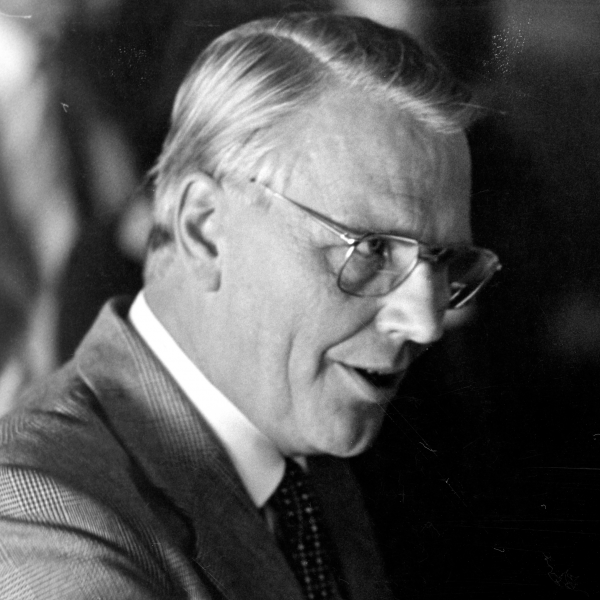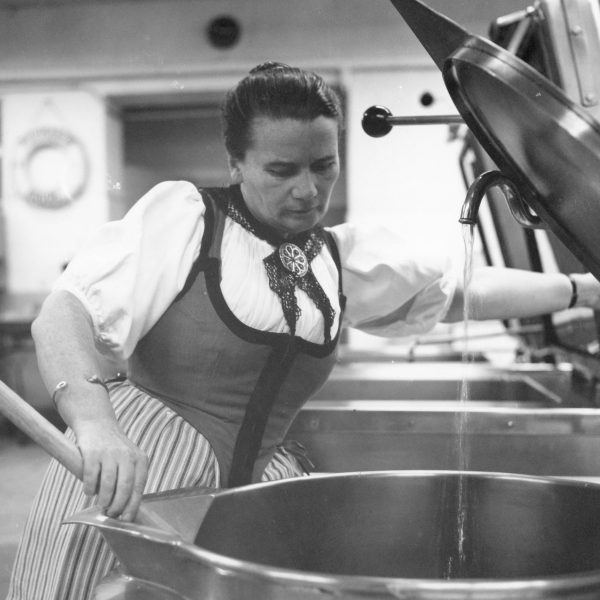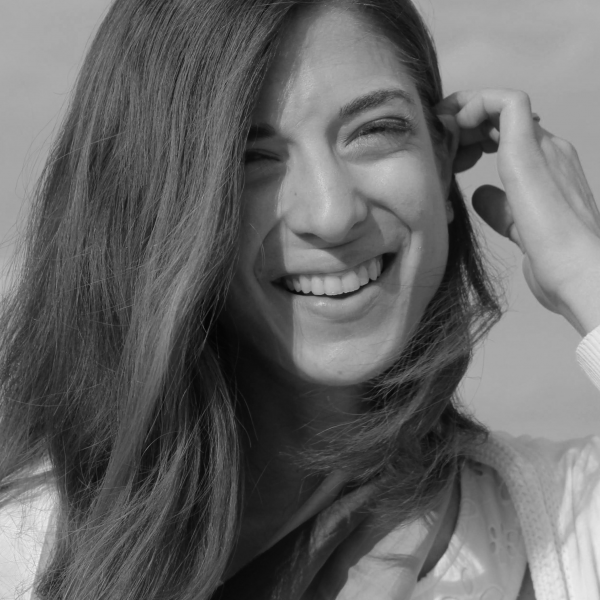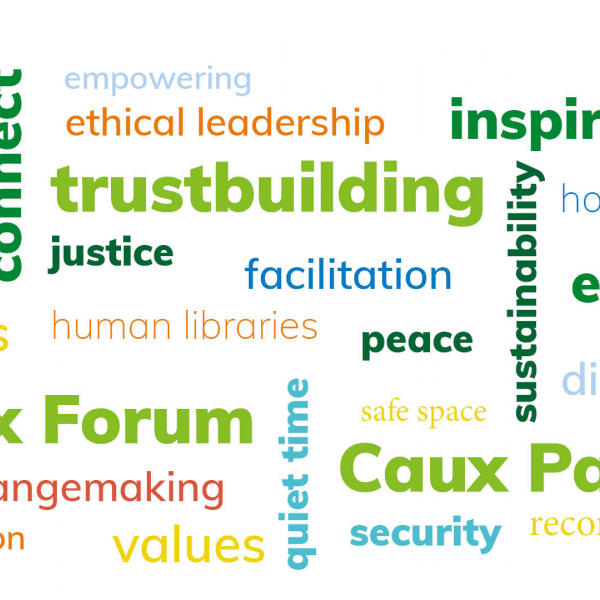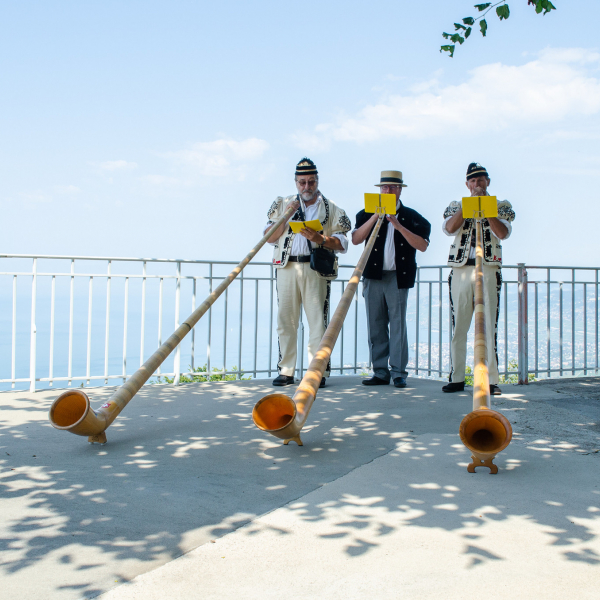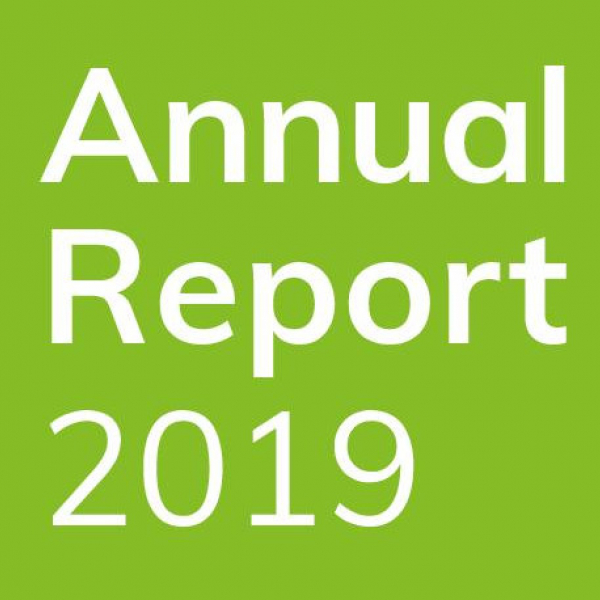Christine Beerli's speech at reconciliation conference "versoehnt.ch" in Bern
6 February 2020
11/02/2020On 6 February 2020 at Uni S in Bern our president Christine Beerli gave a speech at the public opening of the reconciliation conference ‘versoehnt.ch’, which explored the concept of reconciliation from different angles, be it from the point of view of psychology, theology, sociology or ethnology on the two following days.
Ladies and Gentlemen,
Do you remember how it felt when you were a child and had to say sorry and make up? Did you find that hard?
When you read the Oxford Dictionary's definition of reconciliation, it sounds very simple: ’End a conflict and start a good relationship again’. Do you agree with this?
Let us reflect on what reconciliation is, what it takes and what it looks like on a personal and international level.
Since the International Year of Reconciliation, 10 years ago, the world has changed a lot. We have seen technological transformation, climate change and ever-increasing globalization, not only in the economic sphere but also in relation to growing social inequalities, armed conflicts and migratory flows in many parts of the world. This is all taking place in the context of structures from the last century. These changes are both an opportunity and a danger – and they are unsettling.
A recently published ICRC survey has shown that almost half of Millennials think that a third world war is likely during their lifetime. The ICRC is also challenged by increasingly complex and protracted conflicts.
But as President of Initiatives of Change Switzerland, I always meet young people at the Caux Forum who are committed to working for a more peaceful, just and sustainable world. In Caux they are challenged to start with their own conflicts. Let them speak for themselves:
(see extracts: 0:00-2:17)*
(see extracts: 39:24-41:09)*
As early as 70 years ago, when the first encounters between Germans and French after the Second World War took place in Caux, a former member of the French Resistance learned how to free herself from her hatred and discovered how her public apology for her hatred affected other people. Former fighters also come to Caux, such as Assaad Chaftari from Lebanon, who is now working for Fighters for Peace.
(see extracts: 3:35-4:02, 7:42-8:25, 9:24-12:09)*
The 'Ubuntu' philosophy, which is widespread in Africa, says that 'I am because you are’ and that all people are connected with each other. Daphrose Barampama leads Creators of Peace Circles in Burundi and other countries with Initiatives of Change. She said that as soon as she arrived in Switzerland as a refugee and was in contact with Initiatives of Change, she realized that change began with herself and that she must overcome her paralyzing fear. She realized that she was in a strong position as a victim, because it was up to her to reach out to the perpetrator, because he was also human and knew that he had done terrible things. This approach prevents revenge and rehabilitates the other in his humanity.
On a personal level, the road to reconciliation can be long. And not infrequently this path leads through intense, deep and painful inner work. On the one hand, this inner work can include merciless recognition of what has happened, connection with one's own humanity and reconciliation with one's own dark side. On the other hand, this inner work can include recognizing the humanity of the other and forgiveness. The Lebanese poet Khalil Gibran has said that pain is the breaking of the shell that encloses understanding. A bit like the breaking of a shell, forgiveness is the key to inner freedom. This inner freedom can also be a gift to future generations, because unhealed wounds are passed on.
For forgiveness one does not necessarily need the other person or people, but for reconciliation one does. Reconciliation can only take place when both sides have gone a certain distance along this path via the search for inner truth and forgiveness. This process is not linear. Many people come to Caux again and again, to receive new inspiration and share their experiences. For example Imam Ashafa and Pastor James from Nigeria, whose story you may already know from the documentary 'The Imam and the Pastor'. Or Jo Berry from Ireland, who 16 years after her father was killed by an IRA bomb, met the man responsible, Dr Patrick Magee. Or Ginn Fourie from South Africa, who, together with Letlapa Mphalele, who ordered the attack that killed her only daughter, founded the Lyndi Fourie Foundation, which is dedicated to reconciliation.
Initiatives of Change recognizes that the process of forgiveness, confidence-building and reconciliation is a highly personal choice that cannot be forced but can be supported by various complementary elements. These include time in silence for reflection, space for sharing life stories, loving hospitality, companionship, shared core values and adherence to one's own spiritual or religious beliefs. In the next few days you will be able to take a closer look at some of these approaches.
As a former politician, I naturally also hope that you will have the opportunity to talk about reconciliation at the institutional level. Here, the approach of the Kofi Annan Foundation and Interpeace is interesting. They see forgiveness not only as a deeply transforming redefinition of relations of trust between people, but also between people and political institutions. UN Secretary-General Antonio Guterres said just last November that forgiveness helps to heal ruptures caused by the absence of trust between the state and individuals, and that it is a process through which societies can move from a divided past to a shared future.
Thus, for some two decades, truth and reconciliation commissions have been seen as an integral part of justice in transitional processes following armed conflict. These Truth and Reconciliation Commissions are often criticized because they operate in the area of tension between peace and justice, but there are also very exciting developments, such as the inclusion of women from the diaspora in the work of the Truth Commission of Colombia.
For reconciliation to be possible, the search for truth is not only important on the personal level, but also on the collective and institutional level. I was excited by an ICRC initiative in Papua New Guinea. There a film about the destruction caused by tribal struggles formed the basis for a dialogue between the various communities. This came up with some rules for dealing with each other, which everyone then accepted. Very often conversation and reaching out to each other are the preconditions for accepting rules, and also for respecting them.
In Australia, John Bond, a member of Initiatives of Change, was the secretary of the committee for a national Sorry Day for ten years. This committee launched the citizens' movement for a public apology to Aboriginal Australians and the 'Stolen Generations'. It culminated in Prime Minister Kevin Rudd delivering an impressive speech of apology at the opening of Parliament in 2008. Former Prime Minister Rudd has come to Caux on one occasion.
It is important to stand up for one’s values and fight for one’s convictions – but it is equally important to listen and to assume that the other person may be right somewhere. Without this willingness to question oneself, reconciliation is not possible and no sustainable solutions can be found. The great art is to recognize where one must remain firm for reasons of personal ethics and where one can approach the other and reach out a hand towards a compromise. Good (rather than lazy) compromises are urgently needed, if we want to tackle the multifarious problems of our time. The person who on principle refuses to compromise is a self-righteous reactionary or a subversive revolutionary, and both are harmful to the prosperous development of our society. What we urgently need are people who can see where compromises are possible, and are willing to make them. They are positive agents of change.
____________________________________________________________________________
*Transcription of video texts
Video 1: Maguy Arnous (Lebanon)
Here in Caux, I met for the first time… I was in the same room with an Israeli woman. I wish I could say it was like… easy, or, you know, it was like any other woman – it was very hard. It took me a while to get into this workshop and when I did, ähm, it was like, you know, ähm, it was very… emotional.
I wanted to leave. That was when I met Frank Buchman in the Hall. I hadn’t any choice but to stop and tell him that I was leaving because there were Germans present.
There was a lot of anger, like… I wanted to scream.
Then he said to me : ‘Do you think you can rebuild Europe WITHOUT the Germans ?’ Obviously, it was impossible.
I didn’t want to leave this programme, just because… I was like confronted with, with MY issues. I have to deal with my issues, I have to deal with this anger.
I was given the chance to speak, and I went up onto the platform in the Main Hall. I said everything I felt about the Germans, and then I said ‘I am sorry. I ask you to forgive me for ma hatred.’ One cannot forget, but one can forgive. And then, a German lady came onto the platform and she held out her hand to me. I hesitated for a second before taking that outstreached hand. But when I did take it, I experienced such an inner liberation, that I felt as if great weight had been lifted off my shoulders. I felt completely free, a kind of freedom that I wish everbody could experience one day.
Video 2: Arshalouys Tenbelian (Lebanon)
Last year, we also had a dialogue. And it was my second year. But… one of the trainers asked me a question that blew my mind again, because this thing can go layer to layer and you can only discover it a step at a time. So she asked me ‘when did you start to hate?’ and it blew me off, because no one is born hating. You gain hate, you learn how to hate. And this question kept me busy the entire Caux Forum last year, until I went back to the memory of when… I have this fresh memory of me, ähm, knowing the momentum of when I started hating. And it was during one of the commemorations of Armenian genocide. And it hit me that as you learn how to hate, you can also learn to… I don’t know if there is the word to un-hate… if there is not, we should make it up. You can un-hate also. Because everyone is born, and when we are born, we are capable to love. But then, things happen and we learn how to hate. And hate is a big burden to live with. Whoever you are, your ethnicity, your race, your story, I don’t know, but I’m just here to say that hate is a big burden. It’s a big emotion, and you should not live with hate regardless. You can defend your cause, you can advocate, you can do everything, but hating it’s a big emotion for you to handle.
Video 3: Assaad Chaftari (Lebanon)
My cause justified everything, protecting it and so on. And I told myself I wasn’t doing anything against anyone innocent. Then the innocent and guilty got mixed up. And in the end everyone against me was an enemy, even their civilians. Civilians would die but in my mind it was justified.
I didn’t feel there was anything wrong, I guess until… perhaps the end of the ‘80s. I had met the organisation that helped me change. It was called Moral Re-Armament. And I discovered that what I was doing had no love, and wasn’t really Christian, as my faith requires me to be. I also got to know through dialogue the Muslims, the Leftists, the Palestinians, etc. And I discovered that most of my perceptions of them were wrong. And just like me they were dreaming of a better Lebanon.
I began looking at myself in the mirror from ’88 onwards. Before I would avoid it so as not see what I had become.
Until in 2000, there was a scandal on TV. One of Elie Hobeika’s bodyguards, Cobra, talked about the war and its horrors and other things. I see Elie my son sitting in front of the TV gaping in shock. He knew I was part of this group but he didn’t know the details. Very shortly afterwards, I hear him saying to his mother at home that his friend says that when he walks past a mosque he feels so sick he need to throw up. At this point, I felt scared. I felt fear and a lot of regret. I was afraid because I realized that everything went through, the entire cycle of ignorance, fear, etc my son will have to go through as well, as will others, as will future generations. So what’s the solution? Only to tell them that the war is not simple, it’s not a game? War is harsh, it’s bloody, disgusting and it leads nowhere. And to tell them where we went wrong. So I decided to talk about myself and myself only, and to this day I try to talk of myself only. That is why I wrote a letter of apology. In my heart I wanted to do this, but I was putting it off. It was clear what I had to do but I kept postponing because I knew it was a difficult step to stand before everyone and say I’ve done wrong.
